Al Pacino says he doesn’t remember much of the 1970s. So, The Godfather, Serpico, Scarecrow, Dog Day Afternoon, …And Justice For All are some of the greatest movies ever, let alone of the 1970s: all a blur. But unfortunately, he remembers Gigli and 88 Minutes, Revolution, Righteous Kill, and too many more all too well. He is a guy that always goes over the top, and sometimes it results in brilliance and other times, it causes Mr. Pacino to become a parody of himself. But is his legacy strong enough, and is Al in the middle of another comeback?
It’s a diverse career of ups and downs and whatever he was thinking with Jack and Jill. And so let’s find out: WTF Happened to… Al Pacino?
But to truly understand what happened to Al Pacino, we go back to the beginning. And the beginning began when he was born on April 25th, 1940, in New York City
After struggling for a while, young Al eventually made a name for himself in the theater scene. 1969 was the soft breakout for Pacino, winning a Tony for his Broadway debut, Does a Tiger Wear a Necktie? Later that year, he landed his first film, Me, Natalie.
Pacino broke through big time with 1971’s The Panic in Needle Park, playing a heroin addict in a remarkably jarring performance that’s one of the rawest of the New Hollywood era. It also caught the eye of Francis Ford Coppola, who cast him against Paramount’s wishes in The Godfather (1972) as Michael Corleone, the youngest son of Marlon Brando’s don edging out Hoffman, Redford, Beatty, and more. Pacino nails the character’s trajectory, simmering into a rolling boil and earning his first Oscar nod–although he boycotted that year’s ceremony, feeling he should have been nominated for Best Actor (not Supporting).
1973 brought the retroactively under-appreciated Palme d’Or winner Scarecrow opposite Gene Hackman and Serpico, finally getting his first Best Actor nod (and winning his first Golden Globe). For it, Pacino studied the real Frank Serpico and would later land on AFI’s list of 50 greatest heroes. The next year, he returned for The Godfather Part II to yet another Best Actor nod. It is more sinister and complex than the first and feels like a true completion of Corleone (it, unfortunately, wasn’t).
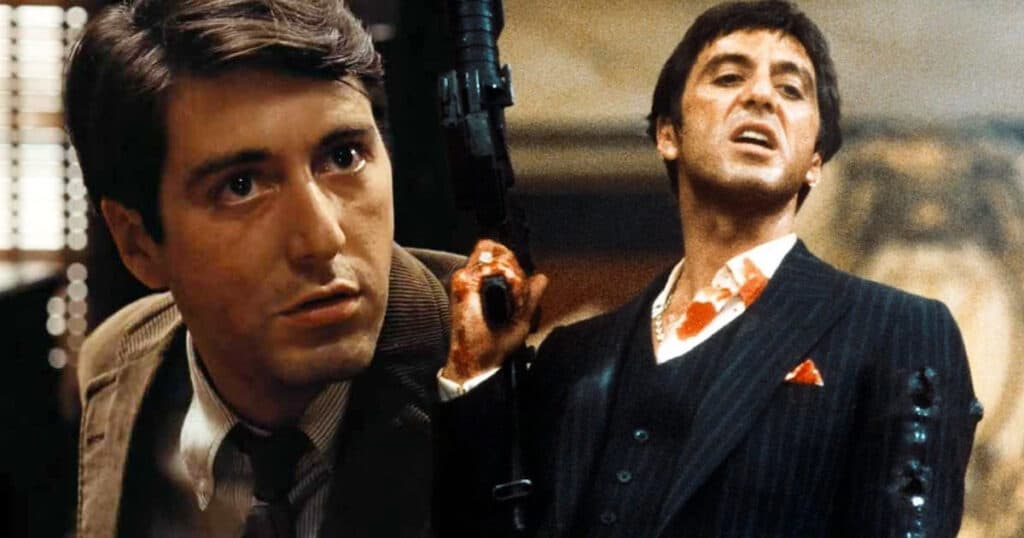
In 1975, Pacino played Sonny Wortzik–robbing a bank to pay for his boyfriend’s sex change–in Dog Day Afternoon. It’s a heated, sweltering performance of unmatched frenetic energy (the cameras were dictated by his movements).
In 1977, Pacino finally had a weak link playing a racecar driver in Bobby Deerfield; he earned praise, of course, but it felt more because of his name. That year, Pacino won his second Tony (The Basic Training of Pavlo Hummel). In 1979, Pacino blasted the system as “out of order!”, earning his fourth Best Actor Oscar nomination for …And Justice For All. Out of order would be his career, beginning a sort of cool stream in terms
of earned recognition.
Pacino started off the ‘80s with Cruising, playing a detective going undercover in New York’s gay scene. Cruising was one of the most controversial movies of the decade, although it has since secured its place as a classic.
From 1981-1984, Pacino returned to the stage for David Mamet’s American Buffalo (earning a Drama Desk Award) while starring as a playwright in Author! Author! (1982), a movie far below him. 1983 brought Scarface, a project Pacino actively pushed. Although he didn’t go full method (which he studied), he still burned his nasal passage snorting all that fake cocaine. The movie is important for numerous reasons: other than a favorite of rappers and other people who missed the point. It’s Pacino’s first foray that can be seen as self-parody and overacting–after all, the accent is fracking ridiculous.
But the most damaging up to this point would be 1985’s Revolution, a complete dud set during the Revolutionary War. After the devastating release, Pacino took a four-year hiatus, instead focusing on theater, appearing in Julius Caesar and various workshop productions. In 1989, he had a welcome return with Sea of Love.
1990 was the best single year for Pacino since 1973: Dick Tracy (Best Supporting actor nominee) found him as the vividly cartoonish crime boss Big Boy Caprice, molding the character to his–and audiences’–liking. There, too, was The Godfather Part III, apparently worth returning for the $8 million paycheck, later re-edited as The Godfather Coda and earning more appreciation 30+ years on.
Frankie and Johnny (1991) reunited him with Michelle Pfeiffer, although both were unfortunately miscast as a meager cook and waitress. It’s an awkward and thin romance, certainly a whiff in his resurrection.
And then came the back-to-back home runs of 1992, earning two Oscar nods in the same year. Pacino again nailed the rhythm, nuances, and grit of Mamet’s dialogue with Glengarry Glen Ross, playing hot shot real estate salesman Richard Roma, taking a pay cut as a sign of devotion. Two months later, he was blind Lt. Col. Frank Slade (hoo-ah!) in Scent of a Woman, again showing his devotion to the role by spending time with blind people. It’s an easy performance to make fun of and yet another dip into the over-the-top, but it did him his first–and to date only–Award, although many feel it was a consolation…

In 1993 he returned to the gangster genre (again for Brian De Palma) with Carlito’s Way, again facing criticism for his wishy-washy accent. 1995 saw the forgettable Two Bits and the unforgettable Heat, in which he finally starred opposite Robert De Niro. It’s a commanding performance in what stands as one of the finest action movies of the decade. 1996 saw the unremarkable City Hall.
A top-tier performance against Johnny Depp that was grounded and controlled in Donnie Brasco kicked off 1997, leading into The Devil’s Advocate, for which he earned an MTV Movie Award nomination for Best Villain. It’s so devilishly over-the-top, but it works at every beat. This was how to do it!
In 1999, Pacino reunited with some key past collaborators: Michael Mann for The Insider (playing CBS’ Lowell Bergman in the expose of big tobacco) and Oliver Stone for Any Given Sunday, playing a football coach who gave Pacino plenty of reason to scream, yet another oft-mocked trademark. The next year, he was honored with the Cecil B. DeMille Award for lifetime achievement at the Golden Globes.
The entire decade would be strange for Pacino, each year bouncing between works worthy of acclaim and those that felt like cash grabs. 2002 brought the truly remarkable Insomnia (standing up against one of Robin Williams’ career-best) and People I Know and Simone. 2003, meanwhile, saw mid-level The Recruit, doing a one-scene favor for Scent of a Woman’s Martin Brest in Gigli and giving undoubtedly his best performance since the early ‘90s as closeted homosexual/McCarthy acolyte Roy Cohn in Angels in America (earning a Globe and his first Emmy). Following 2004’s The Merchant of Venice and 2005’s Two For the Money, the AFI gave him their lifetime achievement award.
And he did what so many others do following the honor: garbage, earning a Razzie for 88 Minutes (2007) and turning up in Ocean’s Thirteen (2007), which would have seemed like a good get if the movie was worth anything. Next, he reteamed with De Niro for Righteous Kill (2008), which didn’t capture the fire of Heat. In 2010, he went back into his successful partnership with HBO, playing controversial “Dr. Death” Jack Kevorkian to Emmy, Globe, and SAG award in You Don’t Know Jack, giving a remarkable performance that was his best TV work yet.
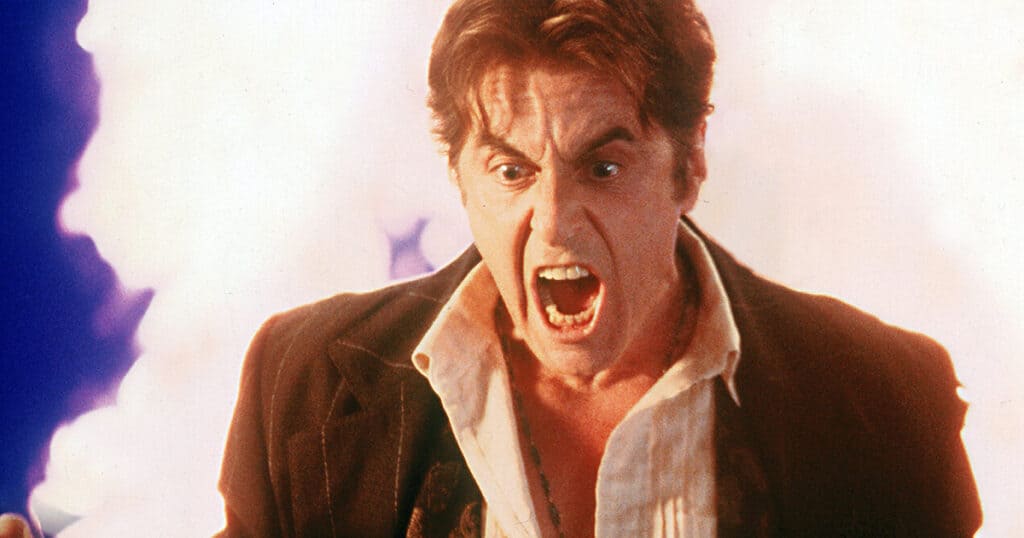
2011 saw a real hodgepodge of the lackluster The Son of No One, his “most personal project ever” Wild Salome and Jack and Jill, never quite landing the self-aware actor who has aged out of dominance angle. He played a similar take in Stand Up Guys (2012) alongside Walken and Arkin, while the next year, he again nailed Mamet’s dialogue with Phil Spector, playing the legendary titan of music to Emmy, Globe, and SAG nods. In 2014, it was like he started coming to terms with where he was in both life and career, with a likable turn in the disappointing Manglehorn (2014); playing an actor out of relevance in The Humbling (2014), and an aging musician who has to come to terms with his decisions in Danny Collins (2015).
Following the dreadful Misconduct (2016), having a go as yet another detective in Hangman (2017), and playing a journalist in The Pirates of Somalia (2017), Pacino appeared to reassess everything. In 2018, Pacino returned to HBO to play disgraced Penn State coach Joe Paterno (Paterno, 2018) in undeniably his most nuanced and human performance in years. From there, he gave a joyous and lively performance as agent Marvin Schwarz Tarantino’s
Once Upon a Time in Hollywood (2019) and worked with Scorsese for the first time playing Jimmy Hoffa in The Irishman. And for the first time in almost three decades, we saw Pacino get an Oscar nomination!
And so here we are in an Al Pacino renaissance, seeing him hunt down Nazis (2020’s Amazon series Hunters), chewing it up as Aldo Gucci in House of Gucci (2021), and more. And at 83, Pacino isn’t slowing it down on the screen… or off…. as he recently got his 29-year-old girlfriend pregnant, which will be his fourth child. So, in addition to being one win away from an EGOT, Pacino is also one of the oldest fathers in recorded history! so nobody should give a f*ck about what the f*ck happened to Al Pacino cuz he’s doing just fine. Hoo-ah indeed!








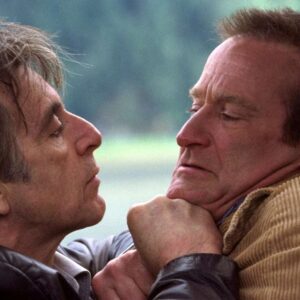
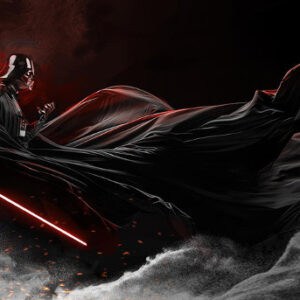
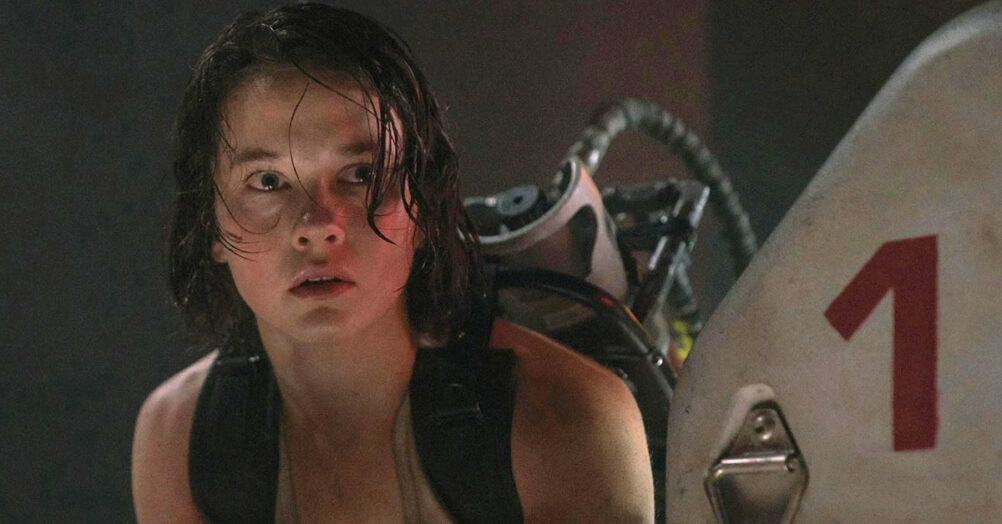


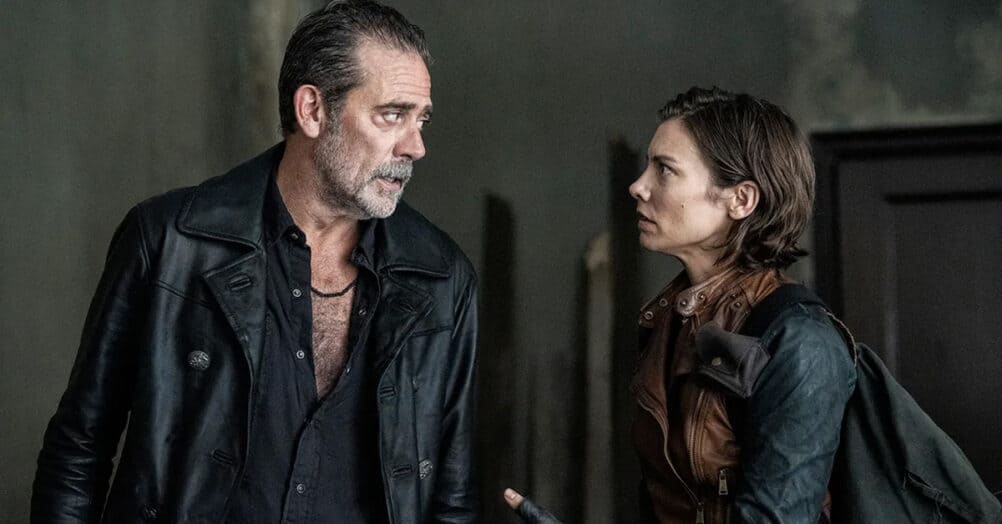
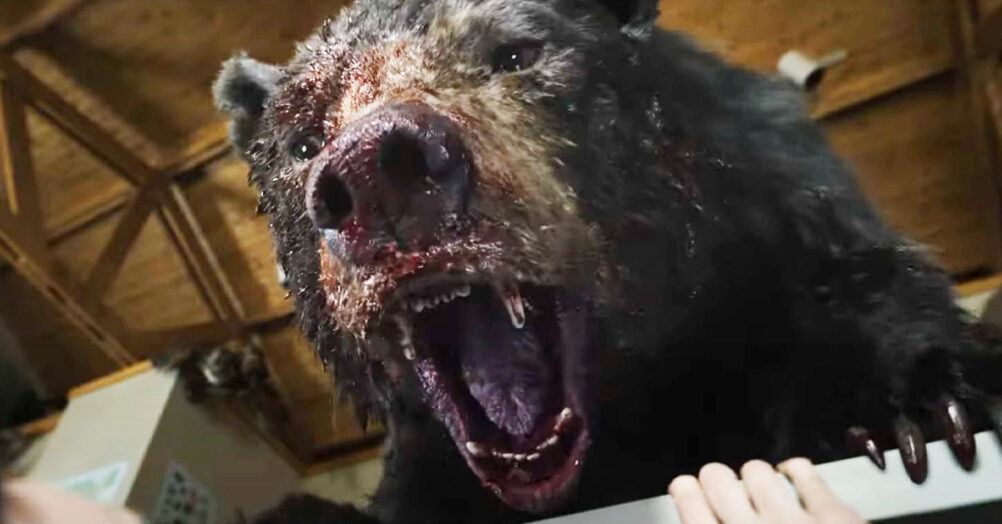




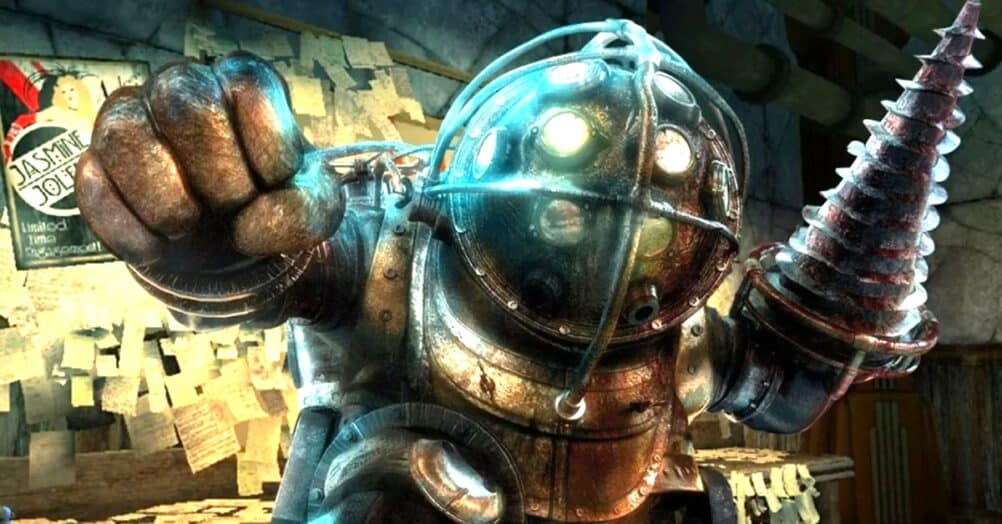
Follow the JOBLO MOVIE NETWORK
Follow us on YOUTUBE
Follow ARROW IN THE HEAD
Follow AITH on YOUTUBE